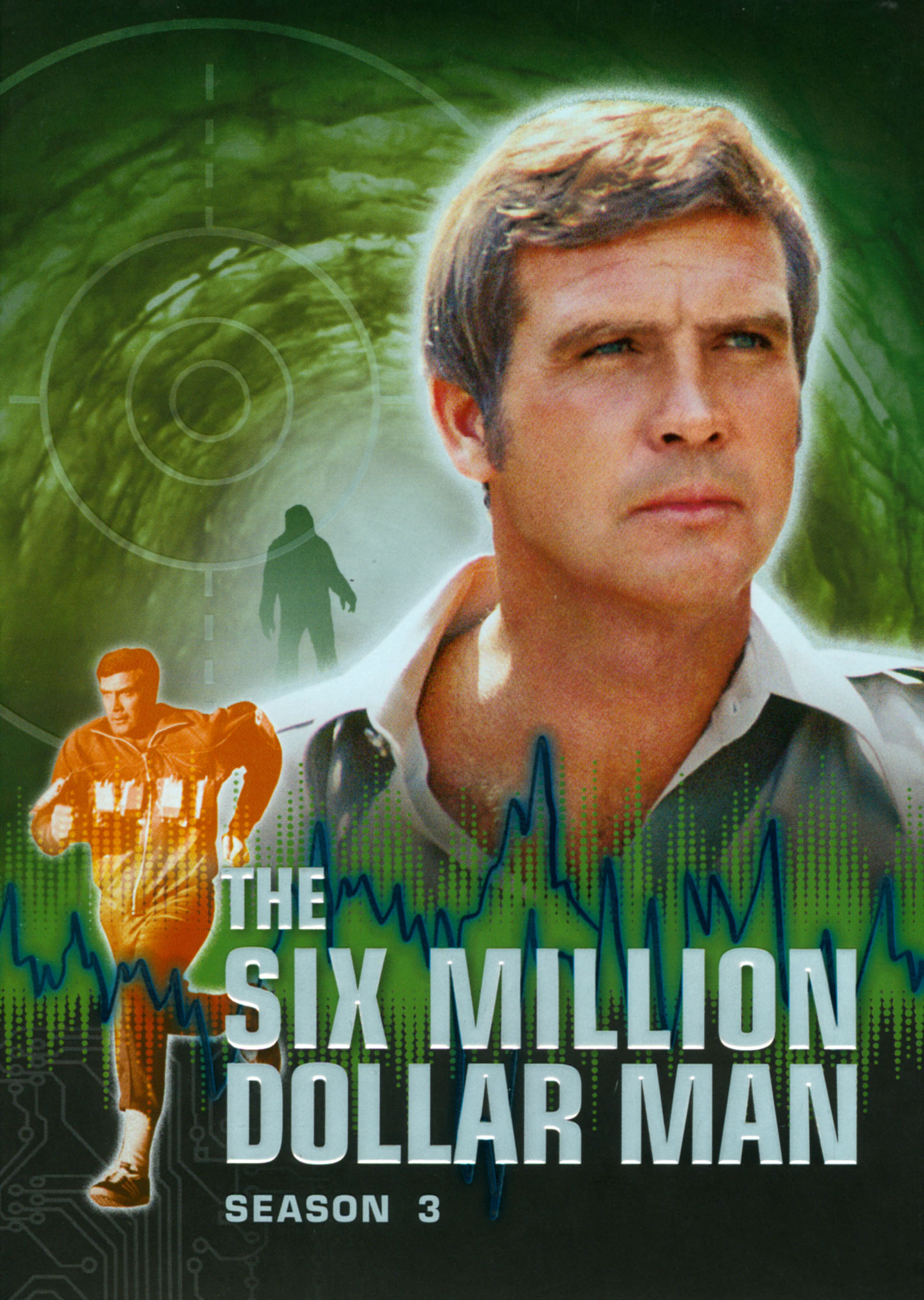by Akim Reinhardt
Stuck is a weekly serial appearing at 3QD every Monday through early April. The Prologue is here. The table of contents with links to previous chapters is here.
 I was a minor mess in high school. Had no idea what to do with my curly hair. Unduly influenced by a childhood spent watching late ‘70s television, I stubbornly brushed it to the side in a vain attempt to straighten and shape it into a helmet à la The Six Million Dollar Man or countless B-actors on The Love Boat and Fantasy Island. I couldn’t muster any fashion beyond jeans, t-shirts, and Pumas. In the winter I wore a green army coat. In the summer it was shorts and knee high tube socks.
I was a minor mess in high school. Had no idea what to do with my curly hair. Unduly influenced by a childhood spent watching late ‘70s television, I stubbornly brushed it to the side in a vain attempt to straighten and shape it into a helmet à la The Six Million Dollar Man or countless B-actors on The Love Boat and Fantasy Island. I couldn’t muster any fashion beyond jeans, t-shirts, and Pumas. In the winter I wore a green army coat. In the summer it was shorts and knee high tube socks.
My home life was chaotic. My parents’ marriage was breaking down. My father drank too much, my mother screamed too much. I began spending a lot of time outside the house. I could pretty much come and go as I pleased, which was new and exciting.
I had a solid group of friends that I’m still close with to this day. Good guys. Not exactly Cassanovas. One of ‘em had a girlfriend for a bit. The rest of us didn’t have a clue. Mostly we drank, played pool, played cards, listened to music, and watched sports. I didn’t get laid. I didn’t even come close.
I went to the University of Michigan for college. I’d only applied because my mother’s friend’s son went there; mom told me Leonard liked it and that I should apply. So I did. And I got in. I also got accepted to several New York state schools, which were closer and cheaper, but I chose Michigan, even though I knew nothing about the place except for the funny football helmets. The University of Michigan was never any kind of goal. It was an accident. I didn’t even know it was supposedly an elite school.
I was 17 years old my first semester. Looking back now, I don’t think I consciously understood that I was running away as far as I could from a home life that had been emotionally volatile for as long as I could remember, but that’s exactly what I did. Read more »

 Most people associate the Cold War with several decades of intense political and economic competition between the United States and Soviet Union. A constant back and forth punctuated by dramatic moments such as the Berlin Airlift, the Berlin Wall, the arms race, the space race, the Bay of Pigs, the Cuban Missile Crisis, Nixon’s visit to China, the Olympic boycotts, “Mr. Gorbachev, tear down this wall!” and eventually the collapse of the Soviet system.
Most people associate the Cold War with several decades of intense political and economic competition between the United States and Soviet Union. A constant back and forth punctuated by dramatic moments such as the Berlin Airlift, the Berlin Wall, the arms race, the space race, the Bay of Pigs, the Cuban Missile Crisis, Nixon’s visit to China, the Olympic boycotts, “Mr. Gorbachev, tear down this wall!” and eventually the collapse of the Soviet system.